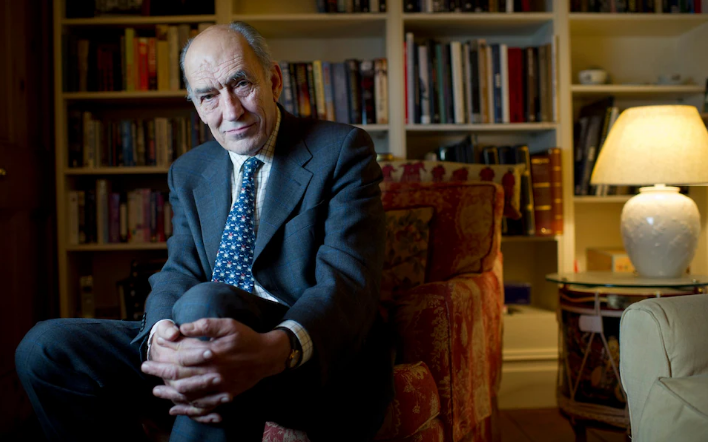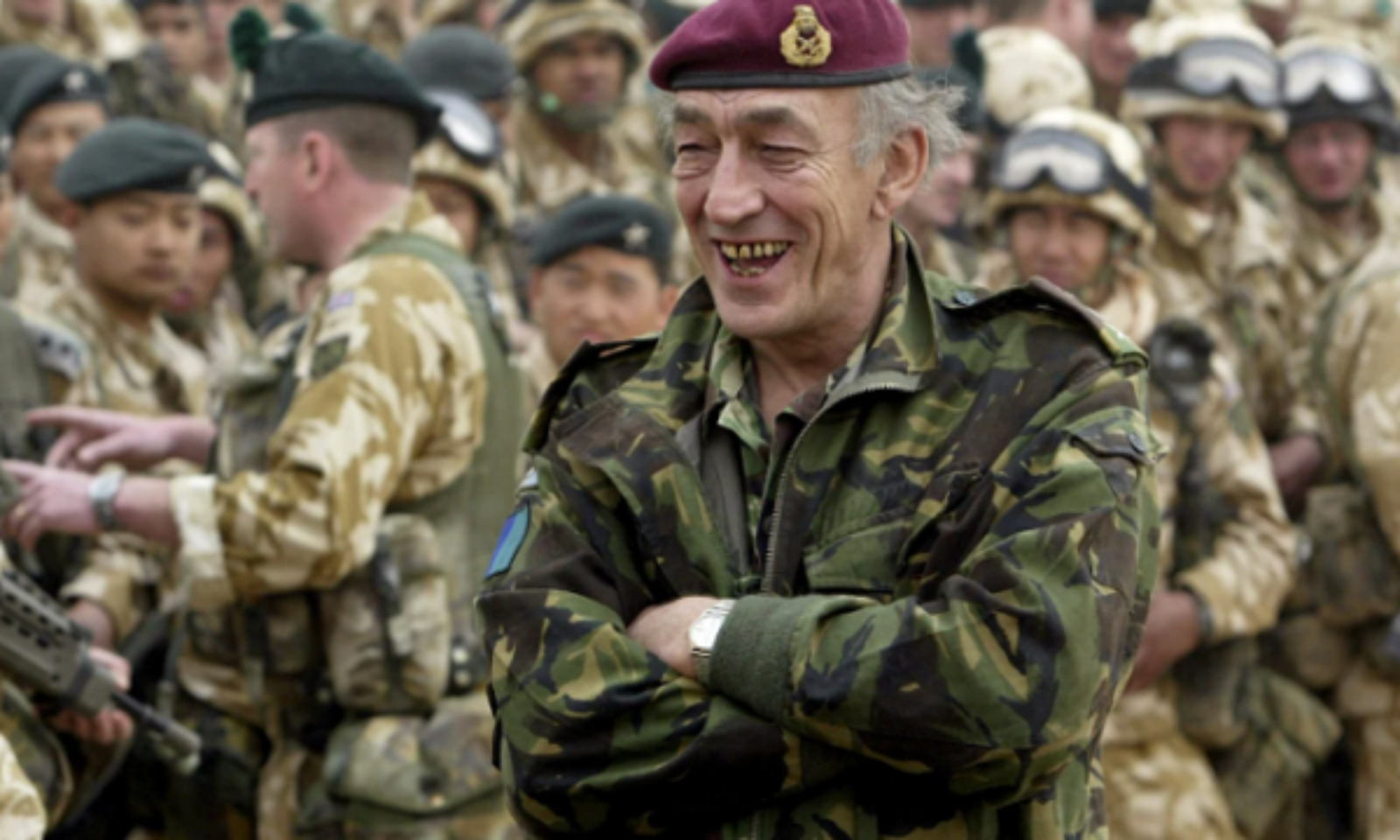General Sir Mike Jackson (1944–2024), a distinguished figure in British military history, passed away at the age of 80, leaving behind a significant legacy marked by his leadership during pivotal moments in international conflict.
Born in Sheffield, Jackson was educated at the Royal Military Academy Sandhurst, where he began his ascent through the ranks of the British Army. His military career spanned over four decades, during which he earned a reputation for his decisive leadership and strategic insight in complex environments.
Jackson first gained prominence during the Bosnian War in the mid-1990s. As commander of the NATO Implementation Force (IFOR) following the Dayton Agreement, he was tasked with enforcing peace in a region fraught with ethnic tension and violence. His ability to navigate the intricacies of military and political dynamics made him a key figure in establishing stability in Bosnia and Herzegovina. Unlike his predecessors in the UN peacekeeping mission, Jackson was known for his firm stance and willingness to confront those who violated peace agreements.
In 1999, Jackson’s leadership came to the forefront during the Kosovo War, a conflict that erupted amid allegations of ethnic cleansing against Kosovar Albanians by Serbian forces. As the commander of KFOR (Kosovo Force), Jackson played a critical role in NATO’s intervention following a lengthy bombing campaign against Serbian targets. His approach emphasized the need for a swift and effective deployment of peacekeeping troops to prevent further atrocities and ensure the safety of civilians.
One of the defining moments of his career occurred at Pristina airport, where Jackson faced a tense standoff with Russian troops. When ordered by his American superior, General Wesley Clark, to block the airport’s runway to assert NATO’s authority, Jackson famously replied, “I will not start World War III for you.” This statement encapsulated his preference for diplomacy over confrontation, illustrating his commitment to avoiding escalation in a volatile situation.
Under Jackson’s command, KFOR worked tirelessly to establish a secure environment for the return of displaced persons and the rebuilding of Kosovo’s infrastructure. He emphasized that the mission was not just about military presence, but also about fostering an environment of peace and reconciliation among the region’s diverse communities. His ability to engage with both Kosovars and Serbs helped to build trust and facilitate cooperation, earning him respect from various factions in the region.
After the Kosovo War, Jackson continued to serve in high-ranking positions within the British military. He was appointed Chief of the General Staff from 2003 to 2006, during which he influenced British military policy amid significant global challenges, including the wars in Iraq and Afghanistan. His leadership style, characterized by a combination of firmness and approachability, endeared him to the troops under his command.
Throughout his career, Jackson was not only a skilled strategist but also a charismatic leader. Known for his willingness to connect with soldiers, he fostered camaraderie and loyalty within the ranks. His legacy is further enriched by his advocacy for the welfare of service members and their families, particularly during periods of intense operational deployment.
Following his retirement, Jackson remained engaged in discussions surrounding military strategy and international security. He was known for his candid critiques of military policies and his commitment to ensuring that the armed forces received adequate support and resources.
General Sir Mike Jackson’s passing marks the end of an era for many in the military community. His contributions to peacekeeping efforts and his role in shaping modern military strategy will be remembered as part of his enduring impact on international relations and conflict resolution. Jackson leaves behind a family, including his wife Sarah and their three children, as well as a legacy of integrity, leadership, and a steadfast commitment to peace.









